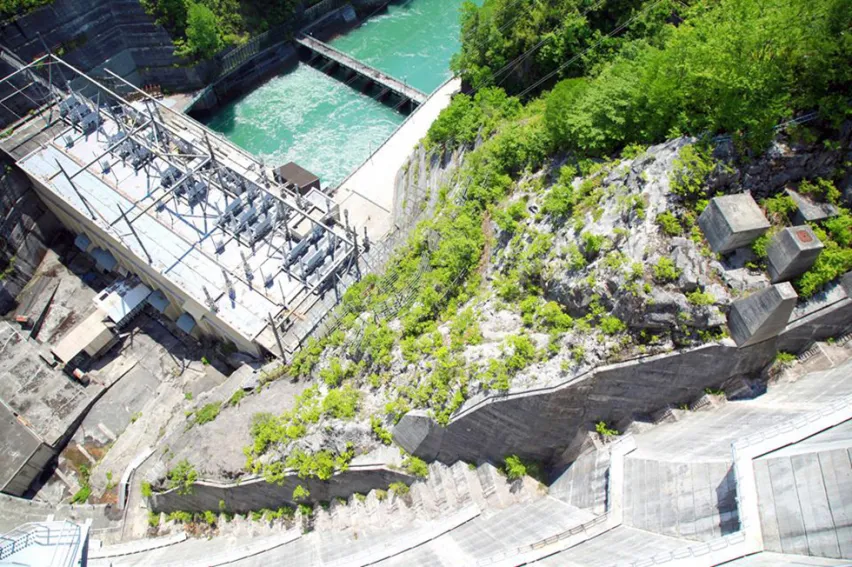
Japan utilities' deregulation puts heat on earnings
Ten of the largest utilities have lost 11% of their market share since full deregulation in 2016.
As part of ongoing industry deregulation, Japan’s electric utilities will unbundle transmission and distribution (T&D) from their power generation and supply businesses on 1 April. This industry reform is expected to contribute to the erosion of the utilities’ earnings and customer bases as competition amongst players heats up.
Yukiko Asanuma, analyst at Moody’s Japan, said that utilities' earnings are becoming less certain, because they can no longer rely on regulated retail tariffs and captive customer bases for a full recovery of their costs. Typically, regulated tariffs allow for full recovery of costs, and fuel price fluctuations are also passed on to tariffs automatically with a three- to five-month time lag.
Whilst the new unregulated tariffs are set to do the same, utilities may have to reduce unregulated prices to be competitive. “Price competition for industrial customers has been intense as alternative suppliers vie for potentially large sales volumes. Price competition is less in the residential sector, where individual customers have little negotiation power, but the market provides price transparency and ability to compare rates among alternative suppliers against regulated tariffs,” Asanuma noted.
Price competition in the retail market will continue to reduce the number of customers under regulated retail tariffs as well, thereby cutting sales revenue which also covers the utilities' high fixed costs.
“Although the 10 Japanese electric utilities maintain dominant market positions at around 84% nationwide in terms of retail sales volume as of September 2019, they have lost 11% of their market share since the market was fully deregulated in 2016,” Asanuma said. The total retail sales volume of all Japanese electric utilities declined by 8.5% between fiscal 2015 (before full deregulation) and fiscal 2018.

Not much headroom left
Seeking debt may not always be the best option in these cases. Japanese utilities’ financial leverage is higher mainly because of the debt they have incurred to finance nuclear safety requirements under prolonged nuclear shutdown. At the same time, the ongoing shutdown of most nuclear reactors in Japan and competition in the retail market will make it difficult to improve earnings.
“If we assume utilities make their planned strategic investments over the next 1-2 years with debt, most will have likely exhausted their headroom, depending on investments' cash flow contribution, and their impact on the business profile,” Asanuma said.
Amongst the utilities, Kansai Electric, and Osaka Gas and Chubu Electric have the most headroom of 5% and 3%, respectively, although Asanuma noted that they have aggressive investment plans. “The headroom could become even tighter if these parameters become more stringent to take into account the gradual increase in business risk.”

Whilst all the utilities are hit with similar issues, their respective growth strategies are still evolving and most profit comes from utility businesses. “On average for our electric utility peers, the core utility accounts for 87% of profit, energy services for 3%, internet services 4%, and other businesses such as real estate account for about 6%. At this point, the business risk of these non-utility activities is generally low, and they tend to be small, stable and ancillary to the utility business,” Asanuma said.
All utilities have established energy solutions services and have made investments in renewables generation and some in independent power projects overseas. A notable deal was made in November 2019 when Chubu Electric announced an investment of JPY100b to acquire Eneco with Mitsubishi Corporation. The acquisition is the biggest yet for Chubu Electric.
Asanuma warned, however, that investments in unregulated businesses will enhance business diversity but elevate business risk, because they will likely fluctuate with market supply and demand without the cost recovery assured under regulated tariffs.
Restructurings ahead
Moody’s Japan does not expect the unbundling of utilities’ T&D business to affect their finances but it may affect their standalone credit profile as managements would differ in financial policies in time of a regulatory transition.
Asanuma noted that utilities are restructuring into two types of legal organisations. “The first type, adopted by TEPCO and Chubu Electric, has a holding company with nuclear and renewable assets and regulated T&D and thermal generation and retail subsidiaries. The second type, adopted by other electric utilities, has a utility parent company with a T&D subsidiary. The holding/parent company (the legacy debt issuer) will continue to hold most the debt and serve as the principal financing entity, thus avoiding structural subordination, and centralize cash flow management through a cash sweep,” she said.
Determining individual credit quality will depend on utilities' respective growth strategies toward their envisioned business model and the financial policies they will employ. Asanuma noted that in the US and UK, the corporate reorganisations as a result of unbundling facilitated diversification and mergers and acquisitions (M&A).

“Unlike their US and UK predecessors, Japanese utilities appear unlikely to consolidate with other domestic utilities, given the weak growth outlook in Japan. However, investments overseas will increase execution risk. The investments in renewables and gas reflect the significance of carbon transition that did not exist in the 1990s,” she said.
“Given the ultralow domestic interest rates, Japanese utilities are even more likely than their US/UK predecessors to use debt financing, which would include hybrid securities and project financing, that could lead to structural subordination and the creation of multiple rated entities within the corporate family with different credit profiles,” Asanuma said.
The strengths of the utilities' regulated businesses, however, partly mitigate these rising business risks, she noted. “The stable T&D businesses will remain a significant part of the companies' overall business mix.”


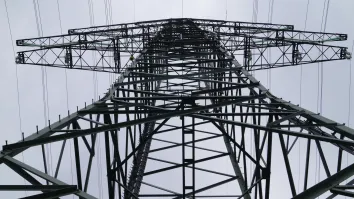
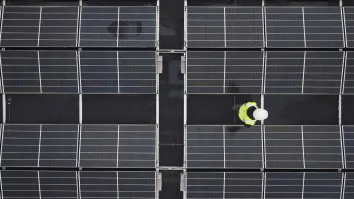


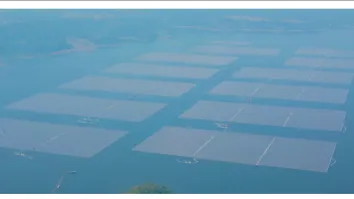
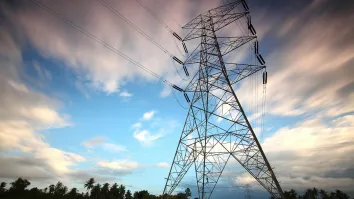


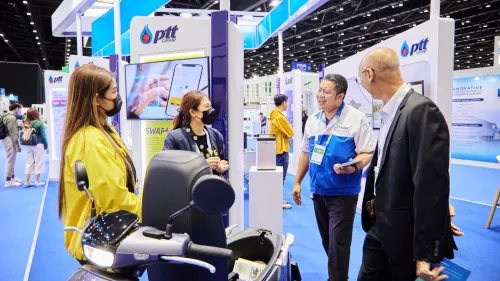

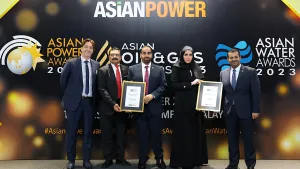






 Advertise
Advertise






